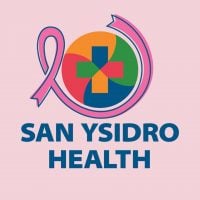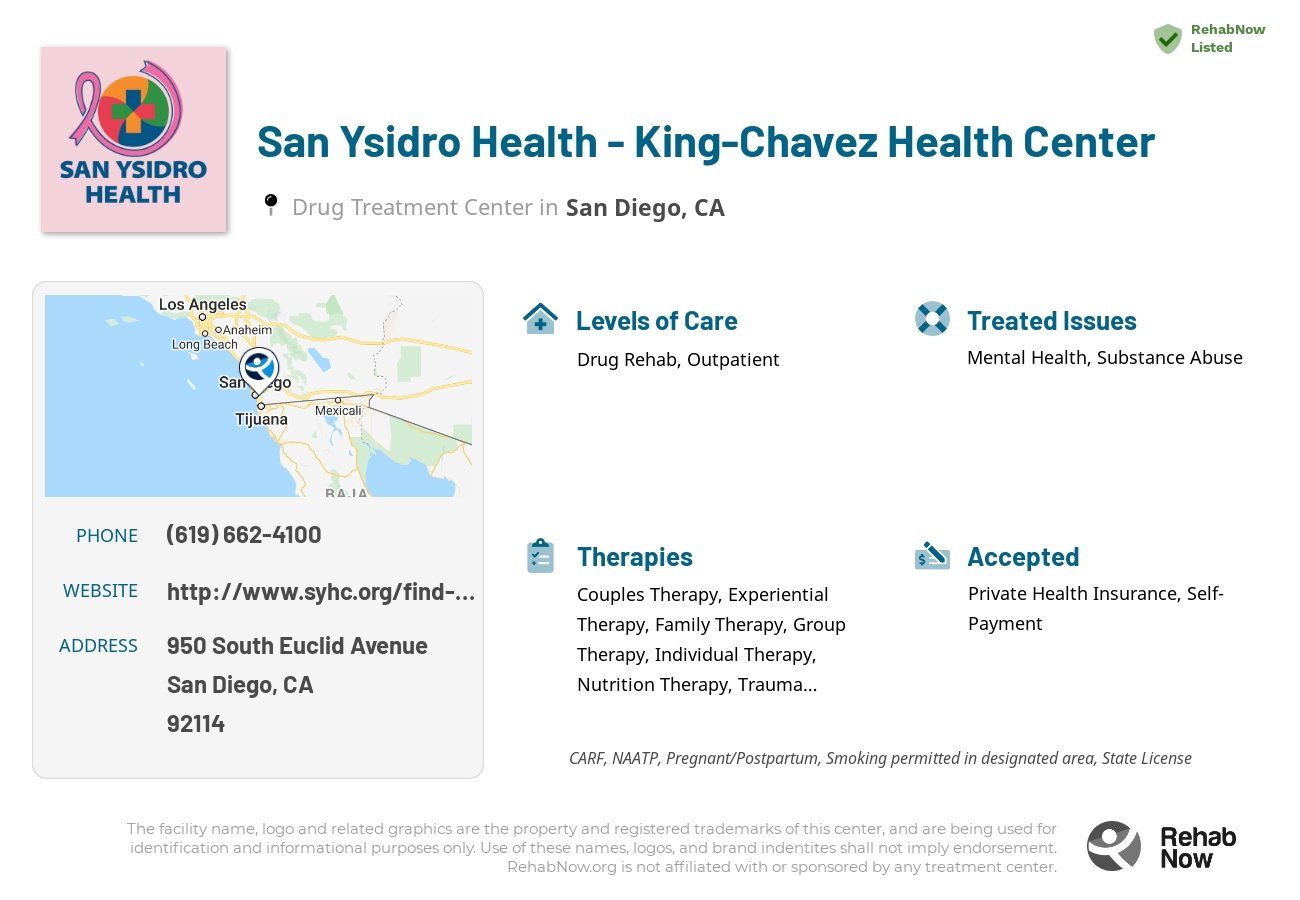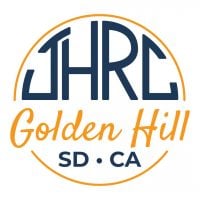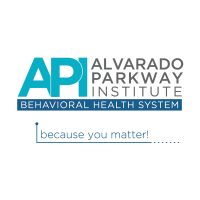San Ysidro Health - King-Chavez Health Center
Drug Rehab Center in San Diego, California
The San Ysidro Health - King-Chavez Health Center is a comprehensive addiction treatment facility in San Diego, CA that provides individualized care and acceptance of private health insurance for those looking to achieve sobriety.
About
San Ysidro Health - King Chavez Health Center, nestled in the vibrant community of San Diego, CA, is renowned for its comprehensive outpatient alcohol and drug rehab services alongside mental health treatment accessible to individuals across all age groups. This center stands out for its inclusive approach, providing medication-assisted treatment geared towards those dealing with opioid use disorder and support for individuals facing chronic medical issues, including HIV/AIDS.
- Offers medication-assisted treatment for opioid use disorder, utilizing FDA-approved medications paired with mental health counseling.
- Specializes in treating individuals with chronic medical issues and those living with HIV/AIDS through an outpatient program that includes trauma treatment, mental health counseling, and crisis intervention.
- Accepts a wide range of insurance plans, making treatment accessible to a broader community and ensuring comprehensive support for addiction recovery.
Accredited as a Substance Abuse, Drug Addiction, Mental Health, and Alcoholism Treatment Facility, San Ysidro Health - King Chavez Health Center carries a State License Certification. This facility is committed to providing tailored drug rehabilitation programs and mental health treatments, making strides in both prevention and recovery support services.
The center tackles a variety of addictions and mental health issues with a specific emphasis on opioid use disorder and is equipped to address the complexities of addiction through a blend of group therapy, individualized mental health counseling, and relapse prevention programming. By offering services on an outpatient basis, it enables individuals to incorporate treatment into their daily lives while benefiting from a structured support system.
Genders
Ages
Modality
Additional
Accreditations
State License
Conditions and Issues Treated
Recovering from substance abuse is an essential part of a healthy life for many people. It’s a long and challenging process, but it can be worth it in the end if you manage to get through all parts. Detoxifying your body, rehabilitation after that time passes or when needed (depending on what type), and then recovery while also receiving therapy support throughout this entire process.
A standard route to starting recovering from substance abuse and addiction is through a detoxification center. There you can completely heal your body and mind and continue on the path of recovery without feeling any of the lingering effects of substances.
Levels of Care Offered
This center offers a variety of custom treatment tailored to individual recovery. Currently available are Drug Rehab, Outpatient, with additional therapies available as listed below.
An outpatient treatment program is set up to help with alcohol or drug addiction or a co-occurring disorder. The treatment must attend the treatment facility for their therapy and other programs but return home each night. The frequency of mandatory attendance decreases after much of the treatment program is complete. The treatment programs are monitored by the treatment facility and case managers who work for a judge or judge’s office. A treatment program may be performed out of a treatment facility, treatment clinic, or treatment center.
The benefits of outpatient treatment programs are many. One of the most beneficial treatment programs is that it allows treatment for clients who cannot afford or may not be able to attend treatment at a treatment facility, treatment center, or treatment clinic full-time. Another benefit of treatment programs is that they reduce crime rates because treatment allows people to treat their addiction.
Therapies & Programs
Individualized Treatment is essential because it gives addicts the ability to participate in a program that meets their unique needs. An addict should work with professionals who understand what they’re going through, especially if the addict is actively using. Finding the right treatment program for an addict is difficult, but it’s even harder without communicating with those who have experience treating your specific situation.
Couples therapy is a treatment approach where the patients and their partners are engaged together. When a person becomes a victim of substance abuse, it affects the patient and his people, particularly his partner. Their relationship can become strained due to lack of communication, financial issues, loss of trust, lack of intimacy, and physical abuse in more severe cases. Couples therapy addresses these issues and tries to rebuild the trust between the partners. The partner’s involvement in the process will result in greater chances of treatment success and sustained recovery.
The therapies typically involve all family members, potentially including siblings, children, and parents who play a role in their daily lives. These sessions can be essential because they address past issues that may have affected an addict or alcoholic’s recovery process. They provide support during this time when it is needed most!
A family therapy session, often called a family meeting or intervention, is a necessary process that helps loved ones of addicts see their situation in a new light. It’s also one of the most challenging things families will ever have to do when they’re facing a loved one battling addiction or alcoholism.
Group therapy sessions provide recovering addicts with a chance to cope with everyday situations that many face. Group therapy sessions are held in rehab facilities, clinics, churches or community centers that offer drug addiction treatment.
People who attend these groups are encouraged to voice their feelings and support other addicts in recovery. This helps group members strengthen their own recovery program while cheering on others who are struggling with sobriety.
Trauma therapy allows them to work through past trauma to have peace of mind and begin down the road of sobriety. The therapist will work with the individual to help them understand their past and present relationships. Patients may often believe that something is inherently wrong with them or they are unworthy of love. The therapist aims to correct these negative feelings and behaviors by helping the person realize that their actions do not reflect who they truly are.
Cognitive Behavioral Therapy (CBT) is a highly effective treatment option based on the idea that how we feel, think and act all interact together. Our thoughts determine our feelings and behaviors; our feelings affect our thoughts, and our behaviors change our thoughts and feelings. CBT helps people explore their thoughts for problems (or false beliefs) that influence their mood and actions. By examining their thoughts and beliefs, people can recognize distorted or irrational and modify them to more realistic, positive ones. CBT is very goal-oriented, which means that the therapist and patient work together on a specific problem while learning to become more adept at solving future problems.
CBT works well with a broad range of people, including those with depression, anxiety disorders, eating disorders, and problems with anger. In addition to helping a client focus on thoughts that can be changed, CBT also allows them to take an active role in their treatment. This is called a collaborative approach because both patient and therapist work together to produce the best possible results.
CBT is based on cognitive learning theory, which says that our behavior is a learned response to our environment. Cognitive refers to thoughts and beliefs, while behavioral relates to actions or deeds. CBT helps people learn ways of behaving to improve their quality of life by focusing on specific problems or goals they want to achieve. Sometimes, CBT is used alone; other times, it is combined with medications or brief counseling techniques such as solution-focused and motivational interviewing to achieve optimal results for the patient.
For people trying to kick their drug addiction, nutrition therapy at San Ysidro Health - King-Chavez Health Center is a great tool. Nutritional deficiencies gradually creep in, and before you know it, you’re facing health problems. It helps restore balance to the body, and for many addicts, it represents the first step on the road to recovery.
Nicotine replacement therapy was developed to help people quit smoking. It does so by providing small doses of nicotine that control cravings and break smoking habits.
NRTC products like skin patches and gum deliver low-dose nicotine that prevents cravings, making the transition from smoker to non-smoker easier.
Patient Experience
Experiential Therapy at San Ysidro Health - King-Chavez Health Center
Drug addicts can benefit from experiential therapy, which involves real-time activities to process trauma and emotions. This type of therapy is available at San Ysidro Health - King-Chavez Health Center and can help reduce the need to resort to drugs and alcohol. Activities may include role-playing, use of props, and others. The individual learns to release suppressed thoughts that lead to negative feelings and embrace the present moment. Experiential therapy is beneficial in treating various disorders, including drug addiction, eating, and behavioral disorders.
Payment Options Accepted
For specific insurance or payment methods please contact us.
Is your insurance accepted?
Ask an expert, call (888) 674-0062
San Ysidro Health Associated Centers
Discover treatment facilities under the same provider.
- San Ysidro Health Center - San Diego in San Diego, CA
- San Ysidro Health Center - Chula Vista in Chula Vista, CA
- San Ysidro Health Santee - Family Medicine in Santee, CA
- San Ysidro Health - Mountain Health Family Medicine in Campo, CA
- San Ysidro Health Center - San Ysidro in San Ysidro, CA
Learn More About San Ysidro Health Centers
Additional Details
Specifics, location, and helpful extra information.
San Diego, California 92114 Phone Number(619) 662-4100 Meta DetailsUpdated April 15, 2024
Staff Verified
Patient Reviews
There are no reviews yet. Be the first one to write one.
San Diego, California Addiction Information
More than 3 million of California's citizens are addicted to illegal drugs. Almost 800,000 people use hard drugs, almost 5 million use marijuana, and another 2.1 million abuse alcohol every year. Other substance abuse issues such as binge drinking and teen drug use are also common. Many illegal drugs such as cocaine, heroin, methamphetamine, and marijuana are smuggled into the state from Mexico.
Nearly 2,000 people die from a drug overdose each year in San Diego. Of the total population of San Diego, approximately 9.5% reported illicit drug use. According to recent statistics, drug addiction and abuse are among the top causes of preventable death in San Diego. There are rehab programs specifically tailored to meet the needs of women, men, young adults, or those with co-occurring mental health disorders.
Treatment in Nearby Cities
- Lompoc, CA (236.1 mi.)
- Lake Forest, CA (74.4 mi.)
- Rancho Cucamonga, CA (101.8 mi.)
- Morgan Hill, CA (401.4 mi.)
- Scotts Valley, CA (410.9 mi.)
Centers near San Ysidro Health - King-Chavez Health Center
The facility name, logo and brand are the property and registered trademarks of San Ysidro Health - King-Chavez Health Center, and are being used for identification and informational purposes only. Use of these names, logos and brands shall not imply endorsement. RehabNow.org is not affiliated with or sponsored by San Ysidro Health - King-Chavez Health Center.






